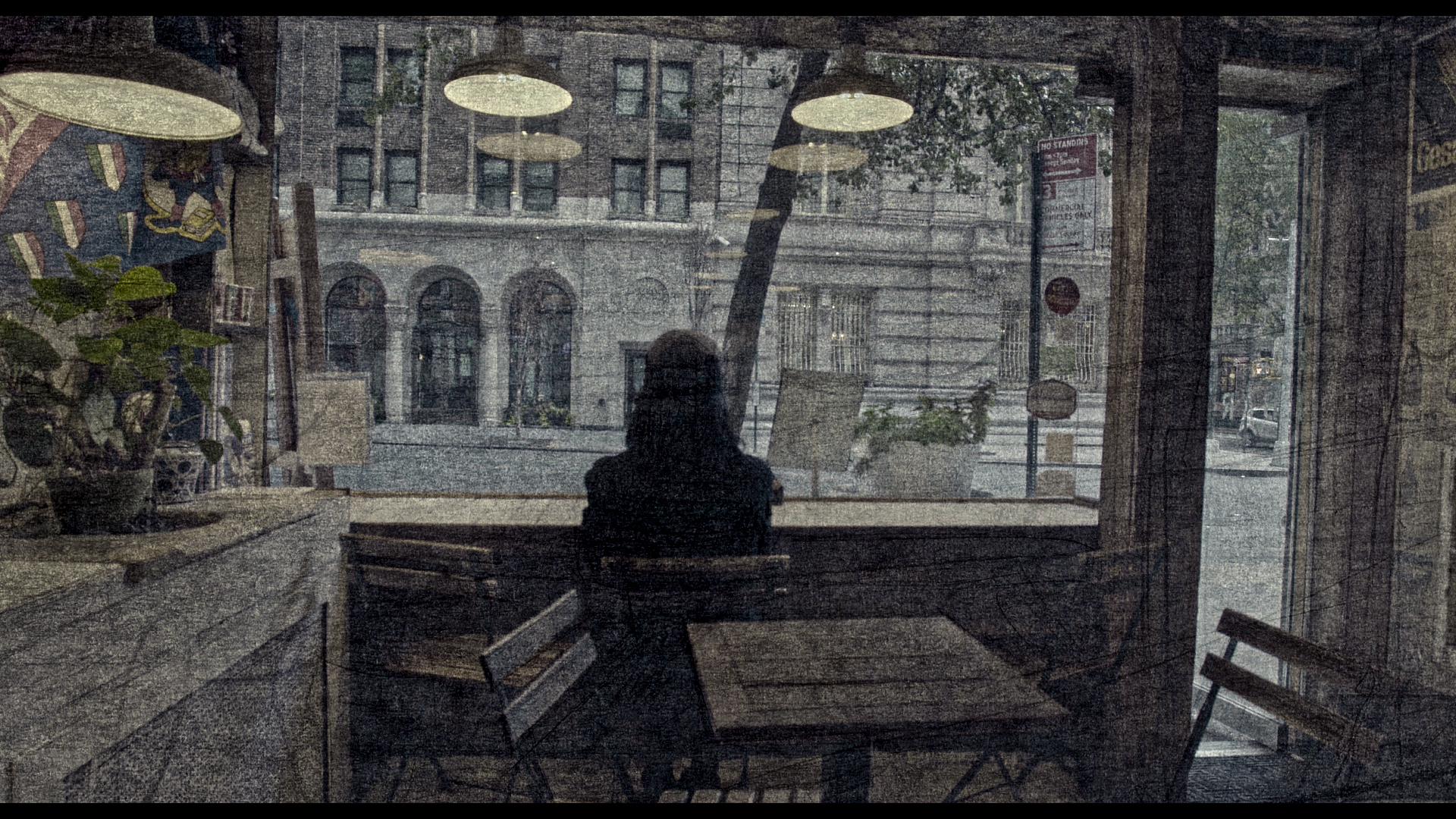Ferrante Fever: Doc on modern lit's most successful recluse unsurprisingly devoid of substance
By Liam Lacey
Rating: C-plus
Elena Ferrante is the pen-name of an internationally popular and critically celebrated Italian author, known for seven novels - in particular, her Neapolitan quartet (published in English between 2012 and 2015), about the life-long rivalry/friendship between two working-class Naples girls, Lenù, and Lila.
Apart from a fan-base that includes Hillary Clinton, Gwyneth Paltrow and Jonathan Franzen, Ferrante is notable for her carefully preserved anonymity.
Amid a barrage of jacket-blurb praise, a best-selling literary recluse remains utterly unseen.
She has explained in interviews (never in person) that her absence is a strategy to make her work speak for itself, unencumbered by the apparatus of publicity. (“Why would anyone be interested in my little personal story if we can do without Homer's or Shakespeare's?)
Mostly, she has succeeded brilliantly. A couple of investigators have claimed to have identified the real writer, usually to the outrage and condemnation of her devoted readers.
There are a few problems with Giacomo Durzi’s documentary, Ferrante Fever. The worst is that it’s mundane in the making, a talking heads and clips assemblage with a constantly breathless tone. The second is that betrays the entire idea of putting the work ahead of the literary cult: The film gives us neither the author in person, nor her writing, except in brief clips, read in voice-over by an actor.
Ferrante’s fans – including authors Franzen, Elizabeth Strout, and translator Ann Goldstein – are an articulate, knowledgeable group, offering insights about place, characters as aspects of the self, and the desire for the work to be judged free of biography. Unfortunately, they’re still acting like fans, offering often trite praise for a writer they admire.
Along with the testimonials, we get shots of the New Yorker news room (Ferrante’s English-language success was launched with a piece by the New Yorker’s James Wood). The film also employs a shadowy image of a woman’s figure walking through Manhattan and even, fragments of animation (ugh) to illustrate scenes from her books.
In the effort to find more images to connect with her books, we have extended clips from two Italian films – Nasty Love (1995) and The Days of Abandonment (2005), adaptations of her novels. The recent HBO series, My Brilliant Friend based on the first of the Neapolitan novels, is not included, but in its intimate epic style, it has been praised as close to the spirit of her work.
As an upside, the film may, in its backwards way, weary people with its constant talking jacket-blurbs and force the focus back to the characters in her books. As Ferrante once noted, “Even Tolstoy is an insignificant shadow if he takes a stroll with Anna Karenina.”
Ferrrante Fever. Directed by Giacomo Durzi. Written by Giacomo Surzi and Laura Buffoni. Starring Jonathan Franzen, Elizabeth Strout, Ann Goldstein. At the Ted Rogers Hot Docs Cinema.

